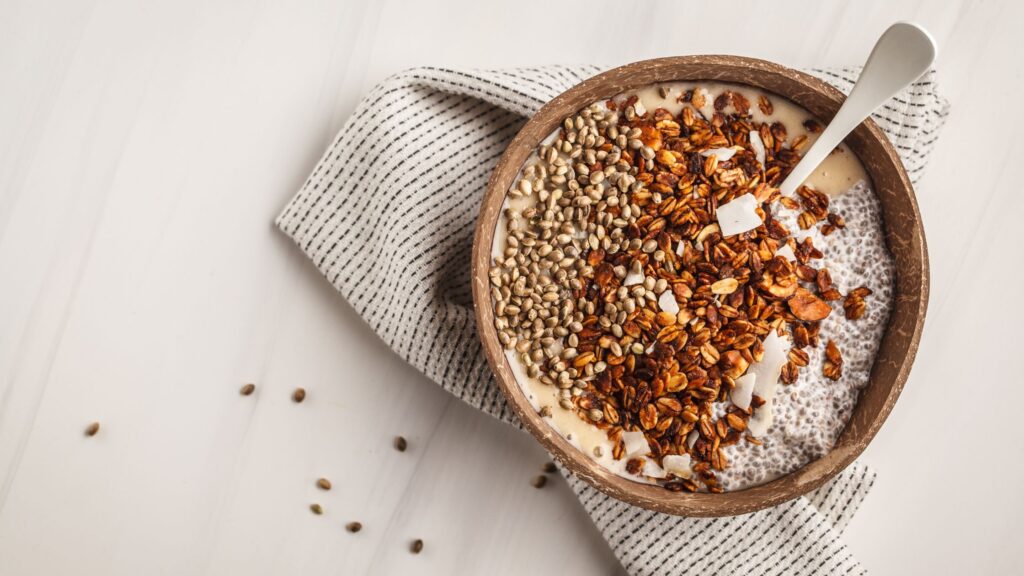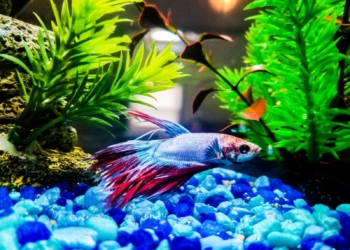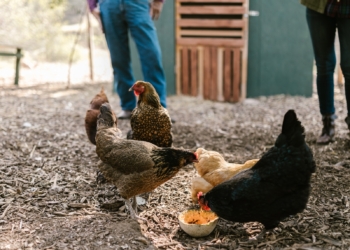As a responsible dog owner, it’s crucial to understand what foods are safe and beneficial for your furry friend. Chia seeds have gained popularity as a nutritious superfood for humans, but can they also be included in a canine diet? In this article, we will explore whether dogs can eat chia seeds, their potential benefits, and any associated risks.
But first, let us explore a bit about what exactly Chia seeds are and their nutritional value and importance in everyday life.
What Are Chia Seeds?
Chia seeds are tiny, oval-shaped seeds derived from the Salvia hispanica plant, which is native to Mexico, mainly southern, as well as also considered from the Central part of the United States.
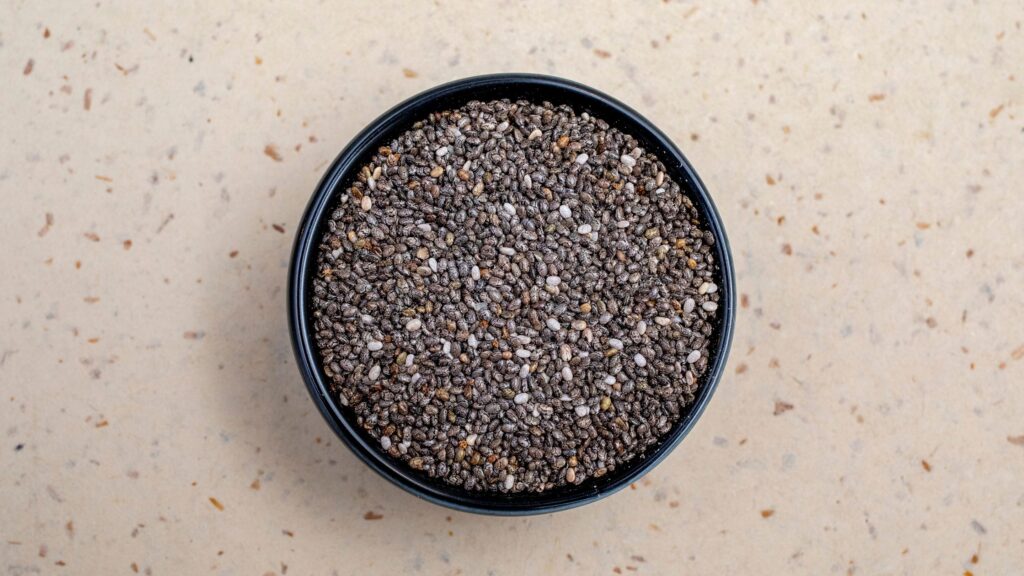
They have been cultivated and consumed for centuries due to their high nutritional value. Chia seeds are an excellent source of omega-3 fatty acids, protein, fiber, antioxidants, and various vitamins and minerals.
Nutritional Value of Chia Seeds
Chia seeds pack a nutritional punch, offering several essential nutrients beneficial to both humans and dogs. These tiny seeds are rich in omega-3 fatty acids, which are vital for maintaining a healthy coat and promoting overall cardiovascular health in dogs.
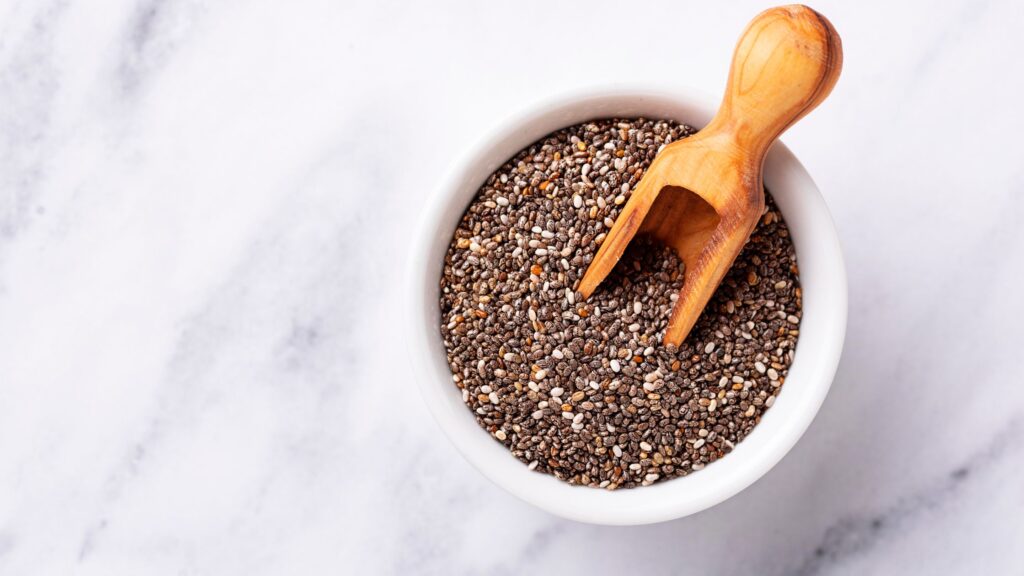
Additionally, chia seeds contain fiber, protein, calcium, magnesium, and phosphorus, contributing to a well-rounded diet.
Can Dogs Safely Consume Chia Seeds?
Yes, dogs can safely consume chia seeds in small amounts. However, it is important to introduce chia seeds gradually into your dog’s diet and monitor their reaction.
Each dog is unique, and some may have sensitivities or allergies to certain foods. It is always best to consult with your veterinarian before introducing any new food into your dog’s diet.
Also, Chia seeds are a great source of vitamin B for your little furry friend and can provide omega-3 fatty acids, which help dogs to strengthen their immune system, joints, growth, and brain development as well. Ultimately, it is important to measure the quantity when you give it to your dog.
Health Benefits of Chia Seeds for Dogs
Including chia seeds in your dog’s diet can offer several health benefits. The omega-3 fatty acids present in chia seeds contribute to a glossy and healthy coat.
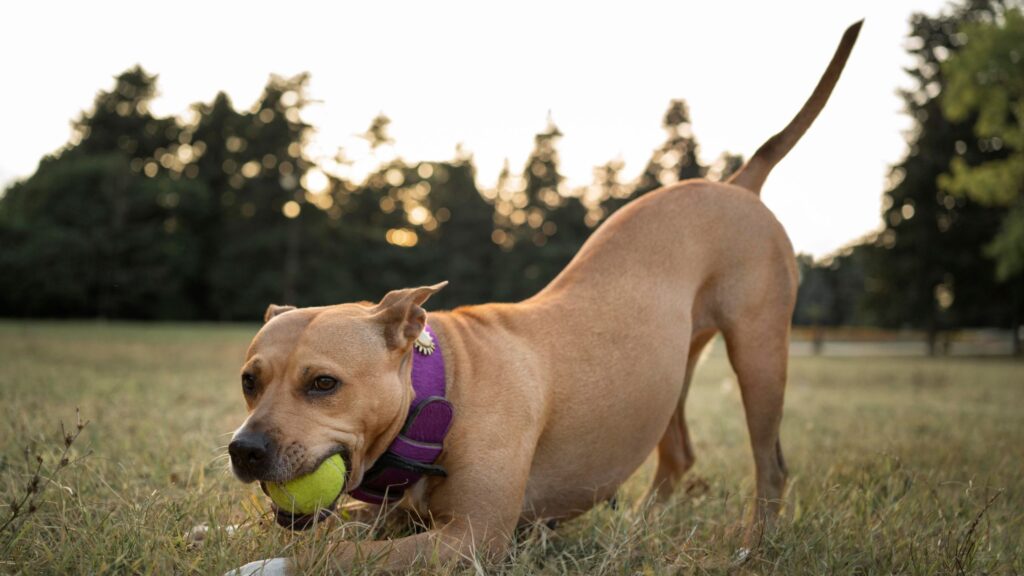
These fatty acids also possess anti-inflammatory properties, which may help alleviate joint pain and promote overall joint health in dogs, especially for those with arthritis or other joint-related conditions.
Furthermore, the high fiber content of chia seeds aids in maintaining a healthy digestive system in dogs. It can help regulate bowel movements, prevent constipation, and improve overall gastrointestinal health.
Potential Risks and Precautions
While chia seeds are generally safe for dogs, certain precautions should be taken. As with any new food introduction, start by offering a small amount of chia seeds and monitor your dog’s reaction for any adverse effects.
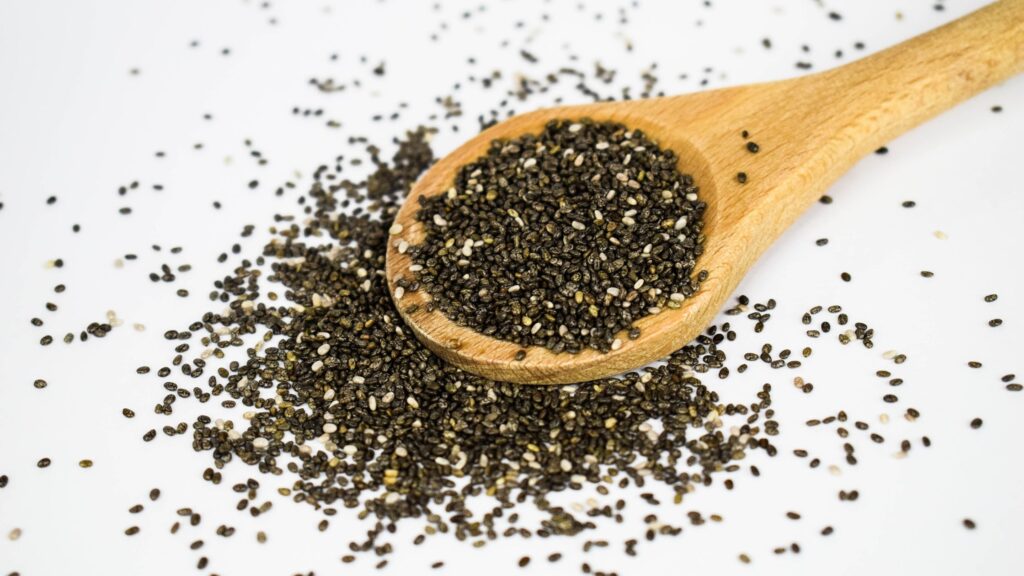
If your dog experiences symptoms such as diarrhea, vomiting, or allergic reactions, discontinue feeding chia seeds and consult your veterinarian.
Additionally, it’s crucial to provide chia seeds in moderation. Excessive consumption of chia seeds may lead to digestive upset or nutrient imbalances. Remember, chia seeds should be a supplement to your dog’s balanced diet, not a substitute for it.
How to Prepare Chia Seeds for Dogs?
When introducing chia seeds into your dog’s diet, you can start with small quantities. Furthermore, you can gradually increase the amount over time. It is important to know how much chia seeds for dogs are required on a daily basis.
The quantity of Chia seeds also varies as per the breed or the requirement of your pet. The most important thing while adding Chia seeds to your dog’s meal is to adjust the portion size of your dog’s regular meals to accommodate the additional calories from chia seeds.
Here are a few ways to prepare chia seeds for your dog.
- Sprinkle a small amount of chia seeds on your dog’s regular food.
- Mix chia seeds with water or broth to form a gel-like consistency and serve as a tasty treat.
- Use chia seeds in homemade dog treats or as a topping for dog-friendly desserts.
Alternative Nutritious Foods for Dogs
There are several alternative foods that you can add to your dog’s diet for better health. But remember to introduce new foods gradually and in moderation. Also, it is mandatory to always consider your dog’s individual dietary needs.
If you’re hesitant about feeding your dog chia seeds or looking for alternative nutritious foods, you can also consider the following options.
1. Blueberries
Packed with antioxidants and essential vitamins, blueberries make a tasty and healthy treat for dogs.
2. Pumpkin
Rich in fiber and low in calories, pumpkin can aid in digestive health and weight management for dogs.
3. Salmon
A great source of omega-3 fatty acids, salmon promotes a healthy coat, brain function, and overall vitality in dogs.
Ending Note
Chia seeds can be a beneficial addition to your dog’s diet when introduced in moderation. They offer various health benefits, such as promoting a shiny coat, supporting joint health, and aiding digestion. However, it’s essential to monitor your dog’s reaction and consult with your veterinarian before incorporating chia seeds or any new food into their diet.
Remember, a balanced and complete diet, tailored to your dog’s specific needs, is crucial for their overall well-being. When in doubt, consult your veterinarian for personalized dietary recommendations.
Frequently Asked Questions (FAQs)
- Can chia seeds replace my dog’s regular food?
No, chia seeds should not replace your dog’s regular balanced diet. They should be offered as a supplement in moderate amounts.
- Are there any chia seed brands specifically formulated for dogs?
Yes, some pet food companies offer chia seed-based products specifically formulated for dogs. Ensure to choose reputable brands and consult your veterinarian for recommendations.
- Can chia seeds help with my dog’s weight management?
Chia seeds, when incorporated into a balanced diet, can contribute to weight management due to their high fiber content, promoting a feeling of fullness and aiding in digestion.
- Can puppies eat chia seeds?
While puppies can consume chia seeds, it’s best to introduce them gradually and consult with your veterinarian to ensure it aligns with their specific dietary needs.
- Can chia seeds cause allergies in dogs?
While allergies to chia seeds are rare in dogs, it’s essential to monitor your dog for any allergic reactions or sensitivities when introducing new foods.

